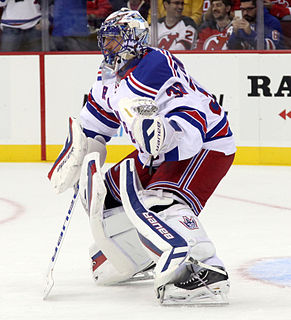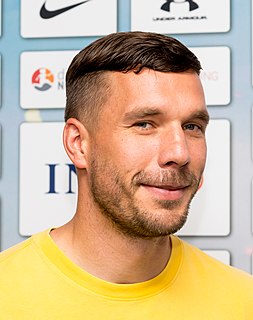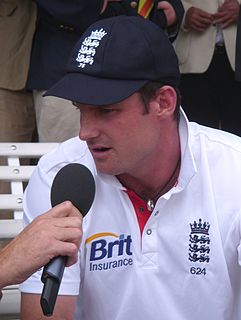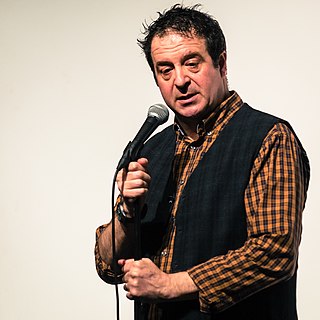A Quote by Stewart Butterfield
I rarely in a working day go more than 10 minutes without looking at Slack.
Related Quotes
I don't want to overplay the diary's significance, but it's a really helpful batting aid. It's not an obsession because I don't spend more than 10 or 20 minutes writing a day - and not necessarily every day. I might write in it three days in a row and then not the next four. It depends on the situation.
We've become more and more interrupt-driven. If you have six tasks to do in an hour, you can't just take 60 minutes and divide and have 10 minutes per task. You have 10 minutes per task minus the time required for context-shifting. That will be the next big challenge: figuring out how to fight the distraction-driven mode we're in and stay focused on one thing long enough to get it done.



































